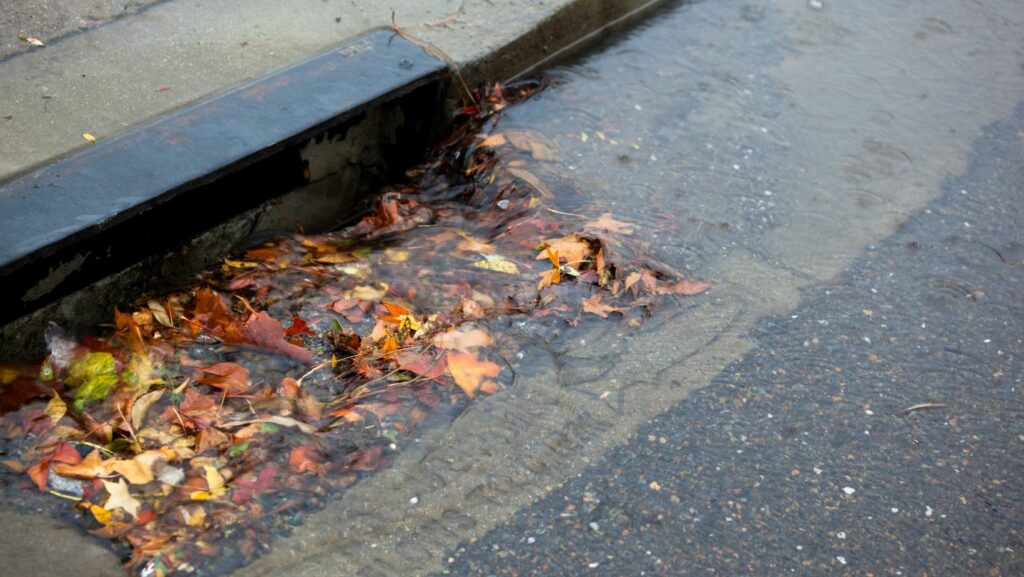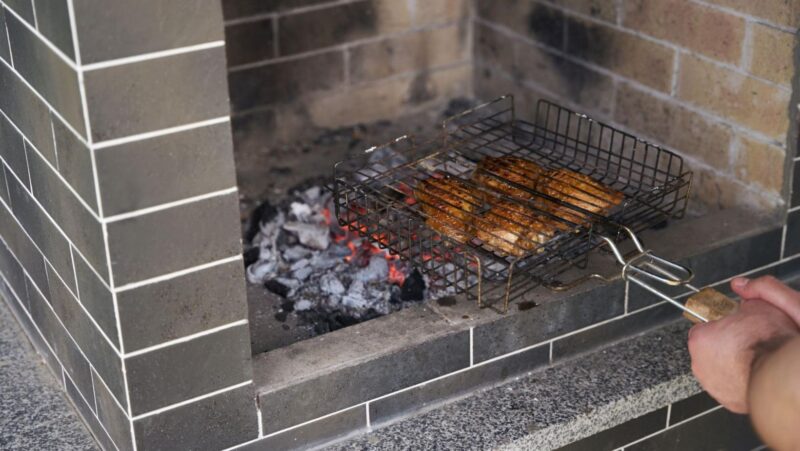
To eliminate water and other liquids, drainage systems are employed. By guiding them permanently out of our houses, they serve to eliminate the undesired surplus fluids. This implies that everyone who resides there may do so in a tidy and secure environment.
You must keep your drainage system clean and clear in order for it to perform as planned. There are a number of health and safety hazards that are associated with drains that aren’t flowing properly. In fact, it isn’t legal to rent a structure if the drains aren’t properly operating because the risk to your health from standing water and filth in the drains is well-known.
Anytime you notice that the water is draining slowly from your bathroom or kitchen, you should contact your plumbing service and have them take a look at what is causing the blockage. Any blockage between your house pipes and the pipes owned by the city or county is your responsibility to repair.
This could be a great deal of piping, depending on how far your house sits back from the municipal piping that it flows into. A specialist with National One Plumbing can advise as to where your plumbing hooks into the municipality so you’re sure of the footage you’re responsible for. Sometimes it could be tree roots, grease, personal products, or even toys that kids have flushed down the toilet that is causing the blockage.
Either way, the blockage has to be cleared in order for the drains to flow freely and maintain health and sanitation inside of your home. In this article, we’ll discuss the main risks associated with blocked drainage systems and what you can do to prevent them.
The Dangers of Blocked Drains and How to Prevent Them
Flooding in residences and commercial buildings is a result of clogged drains. Usually, these obstructions result from poor drainage system maintenance.
The best solution to these problems is to call a qualified drain plumber.
If these issues are left unattended for an extended length of time, hazardous waste may eventually accumulate in the water, endangering your health. So, the following are some negative effects of clogged drainage systems:
Waterborne Infections
Your drainage system’s water will include dangerous germs and pathogens. These germs would grow if the blockage was left unattended for a long period, and the wastewater can spread a number of illnesses. These illnesses can be acquired by the consumption of polluted water or through contact with unclean hands or other items.

Your intestinal tract and intestines may get infected as a result of these germs. The signs of a stomach infection might include nausea, vomiting, diarrhea, and abdominal discomfort. If your immune system is compromised, these infections may potentially be fatal.
Cholera, typhoid, liver disease, and E Coli disease are the most prevalent illnesses that may spread through water.
Bacteria & Smelly Drains
A blocked drainage system can also result in allergies and skin diseases, which are dangerous. Bacteria and other germs will proliferate in water that sits in the drains. When you come into touch with this water, your skin may get itchy and red, and rashes may appear. It may occasionally cause fungus infections as well.
Long-term neglect of the drainage water can potentially result in more severe skin conditions like dermatitis or impetigo. In your house, high-humidity water can also promote the growth of mold spores. Click here to read more about assistance with skin conditions caused by issues with drainage.
Through your mouth or nostrils, these spores can enter your nose and throat and trigger allergic symptoms, including sneezing, difficulty breathing, congestion in the nasal passages, and itchy eyes. Although these allergic responses could start off minor, they might eventually develop into serious consequences.
Presence of pests
Water won’t flow through your drainage system properly if it is obstructed. As a result, your pipes won’t be properly filtered or cleaned, allowing dirt and grime to build up inside of them over time.
Insects like rodents, cockroaches, and mosquitoes are drawn to the filth and grime on these pipes and hide there while searching for food supplies. Additionally, they might transfer germs back to your home through the septic tank or sewage line.
You and your pets may get diseases from the germs and viruses. For instance, mosquitoes can transmit the Zika virus, dengue disease, or even malaria. Rats can also spread severe illnesses like Leptospirosis and the bubonic plague.
Contamination of Food
Food that is kept in a cooking area might get contaminated by a clogged drainage system. Bacteria from wastewater may enter your kitchen sink or bathtub if your drain is clogged. If there is no effective cleaning device, the germs are going to spread to other foods stored close. When you consume uncooked or improperly handled food or drink, the germs can then enter your body.

Diarrhea, nausea, and other digestive issues can be brought on by these dangerous microbes. Additionally, pests like cockroaches and flies that have taken over your home might transfer germs from the bathroom to your meals. This may result in severe food poisoning.
Poor Odor
Water stagnation caused by a clogged drainage system often indicates that there isn’t any water moving through the pipes. Your house may begin to smell foul from the stagnant water, like sewage. This is due to the fact that sewage and other waste products (https://environment.des.qld.gov.au/management/water/pollution/wastewater) left within pipes for an extended period of time will begin to decompose and release an unpleasant stench.
Constantly being around an unpleasant smell might make you feel queasy, nauseous, and have headaches. Additionally, it may occasionally cause respiratory issues. Additionally, a foul smell renders a location uninhabitable and might cause an embarrassing situation in your home.
Conclusion
Your health will be adversely affected by each of these risks associated with a clogged drainage system. It is essential to have the issue corrected as soon as you can in order to avoid significant repercussions. To avoid getting the germs found in the drain water, you also need to take measures. The danger of infections can be decreased by keeping your bathroom and kitchen areas clean on a regular basis.



